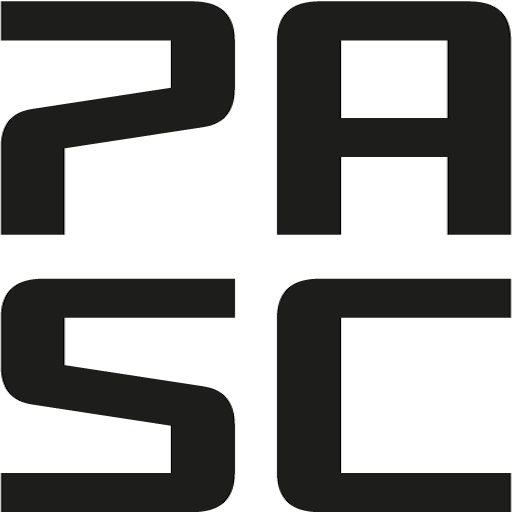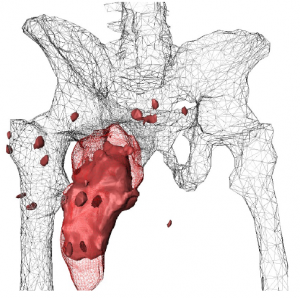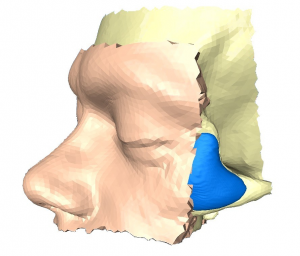The PASC Conference, an interdisciplinary conference in high performance computing that brings together domain science, applied mathematics and computer science, is pleased to announce that the special topic for Emerging Domains at PASC17 is HPC and Precision Medicine.
Authors are invited to submit proposals for minisymposia, papers and poster contributions on the special topic, and the other scientific tracks, according to the calls for submissions published on the PASC17 conference website. Submissions to the precision medicine track will be reviewed by Dr. Martin Weiser (track chair, ZIB Berlin), Prof. Tim Conrad (Freie Universität Berlin), Dr. Esra Neufeld (ETH Zurich), Prof. Gernot Plank (Medical University of Graz), and Prof. Amanda Randles (Duke University).
Precision medicine, also referred to as personalized medicine, is an emerging domain that is adding tremendous value to the study of life sciences and medical treatment. The requirements that it has for rapid – and secure – processing, analysis and management of vast quantities of data in a wide range of different medical environments make precision medicine ideally suited to high performance computing.
Due to inter-individual differences in genomic, physiologic, and pathologic situation, patients respond in different ways to certain treatments. Precision medicine aims at a rational customization of medical treatments to specific patient groups or even individual patients beyond a trial and error approach. This includes clinical decision making, adaptation of medical devices or protocols to the patient, and the development and administration of drugs.
Functional models allow for the simulation of therapies and to predict disease progression and response to treatment options. The processes to be modeled range from the molecular scale (binding of drugs to specific receptors, stochasticity of enzymatic reactions) over cell and tissue scale (gene expression and regulatory mechanisms) up to the organ scale (pharmacology, physiology, and biomechanics). Precision medicine is therefore challenged with complex multi-scale and multi-physics models calling for advanced computing methods and high performance systems.
The personalization of functional models required for customization is based on individual patient data. Besides traditional clinical data, advanced imaging modalities such as four-dimensional MRI as well as genomics and proteomics provide huge amounts of data that need to be processed and analyzed. Identification of parameters in the functional models and uncertainty quantification, which is unavoidable in notoriously variable biological systems, increase the computational complexity further.
Corresponding to the range of processes involved, a multitude of computational methodologies are used in precision medicine. This includes solvers for ordinary and partial differential equations, Monte-Carlo sampling and high-dimensional discretizations for both uncertainty quantification and simulating stochastic differential equations, optimization methods for parameter identification and therapy planning, and image and geometry processing.
A concrete example for computationally challenging precision medicine problems is the prediction of ventricular remodeling in heart failure patients. Chronic heart failure can be caused by asynchronous excitation or mitral valve regurgitation, among other causes, and is often associated with left ventricular hypertrophy. There is a large and to a significant extent not yet understood inter-individual variety in disease progression and response to treatments such as cardiac resynchronization therapy or valve replacement. The decision of when and how to conduct these therapies is associated with a high degree of uncertainty. Simulations taking individual anatomy, metabolism, and tissue state into account are a promising means of decision support, but are still subject of current research: Already deterministic simulations of electrophysiology and cardiac mechanics alone just achieve real-time on HPC facilities. Ongoing research efforts and progress in mathematics, computer science, and high performance computing will eventually close this gap and will help to improve diagnosis and therapy significantly.
- Regional hyperthermia treatment planning with patient-specific anatomy.
- Individual augmentation implant shape design.
The PASC17 Conference, co-sponsored by the Association for Computing Machinery (ACM) and the Swiss National Supercomputing Centre (CSCS), will be held from June 26 to 28, 2017 at Palazzo dei Congressi, located in Lugano, Switzerland.
For further information visit the conference website.


